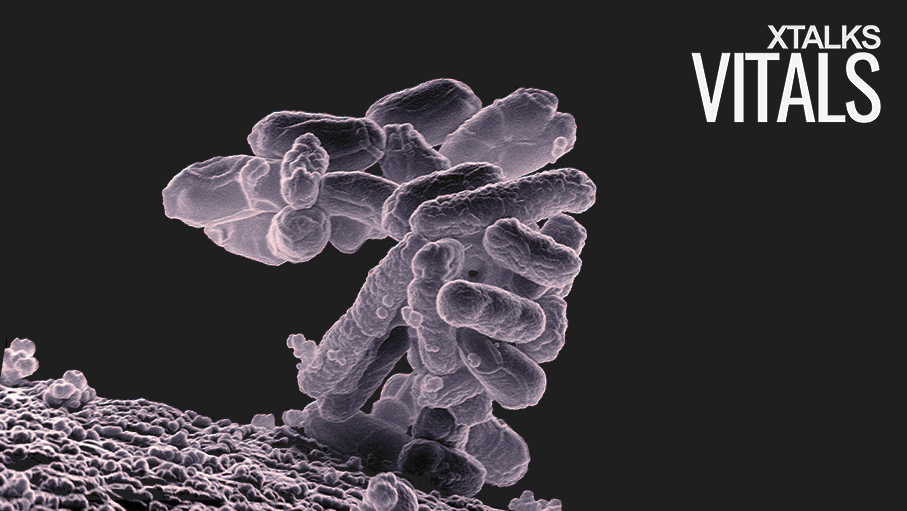A new study conducted at the Instituto Gulbenkian de Ciência (IGC) in Portugal, suggests that the evolution of beneficial bacteria in the human gut may be influenced by the immune system. Researchers had previously established the importance of microflora to the health of our immune system, and our body as a whole, but the new study provides insight into how those bacterial species evolve.
The researchers at IGC found that the types of bacteria found in the gut of immunologically-compromised mice changed based on the condition of the immune system, and that these microbes had different rates of adaptation that were hard to predict. The results of the research were published in the journal, Nature Communications.
According to the research team, treatments for immune system-related intestinal conditions – such as inflammatory bowel disease (IBD) – should be personalized, as opposed to generalized, for each individual patient. They stress the importance of taking the individual’s microflora into account when prescribing a course of treatment.
Conditions found in the gut are constantly in flux, and the microflora there must be able to adapt to changes in their environment. Changes to a person’s diet can have a dramatic impact on the microflora, which evolve based on the changing conditions.
As the function of the human immune system is to protect against potentially infectious microbes, it must be able to distinguish the beneficial bacteria from the pathogenic strains found in the gut. While the new research doesn’t fully explain how the immune system performs this task, it does suggest that it’s capable of influencing the bacterial species in the intestines.
The researchers studied E. coli – a common bacterial strain which can be found in the intestines of both mice and humans from early after birth until end of life. The team compared the gut microflora from mice lacking white blood cells – an important component of the immune system – to healthy control mice.
The results of the study showed that the immune-deficient mice took longer to adapt their metabolism to changes in diet, when compared to the healthy mice. Interestingly, the evolution of gut bacteria in the healthy mice was relatively consistent across individuals.
Among the immune-deficient mice, the adaptation of the microflora varied to such an extent that the researchers found it difficult to make predictions regarding the bacterial evolution. “We observed that this feature is due to changes in the composition of the community of bacteria in the intestine, which is more similar across individuals with a healthy immune system, and is quite diverse in animals with an immune compromised system,” said João Barroso-Batista, a PhD student at IGC, and the first author on the paper.
According to the researchers, it’s much simpler to predict how the gut bacteria in healthy individuals will evolve, compared to that found in those with compromised immune systems. The study highlights the importance of considering a patient’s gut bacterial composition when deciding on treatment options for diseases such as IBD.
Sources:
- Immune system influences evolution of gut bacteria, study shows – http://www.medicalnewstoday.com/articles/303484.php
- Barroso-Batista, J., Demengeot, J., and Gordo, I. (2015). Adaptive immunity increases the pace and predictability of evolutionary change in commensal gut bacteria. Nat Comm, 6 (8945).












Join or login to leave a comment
JOIN LOGIN